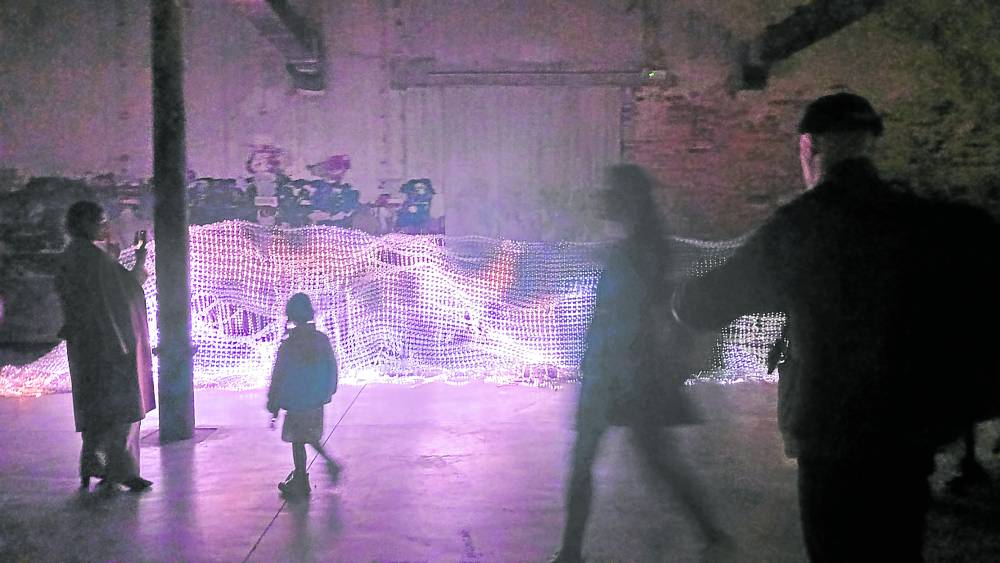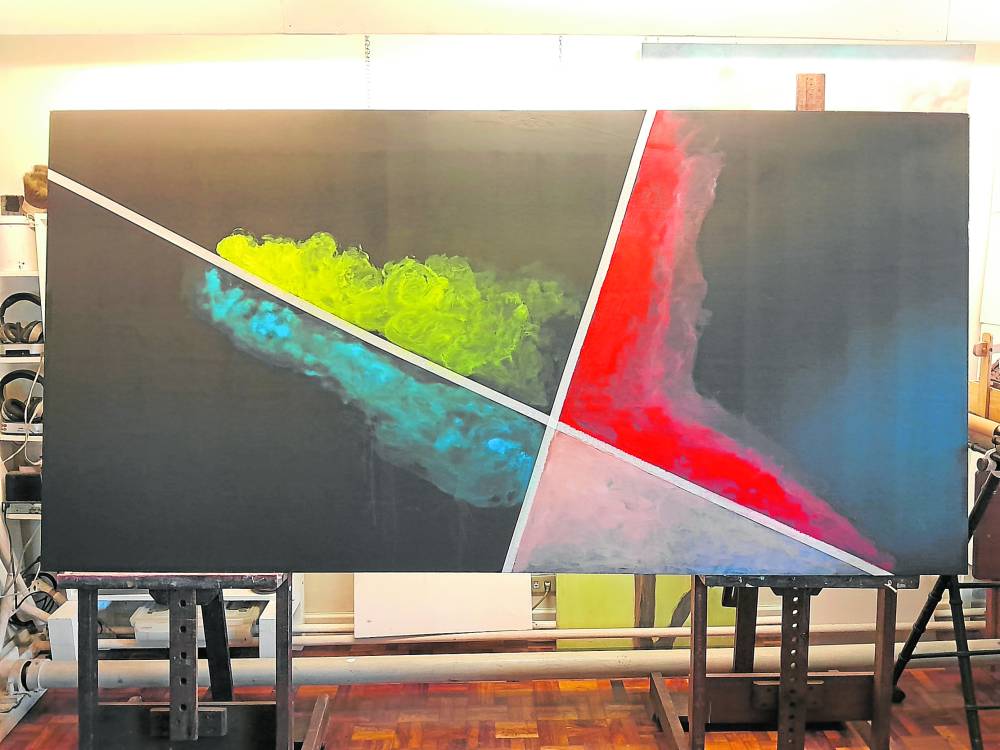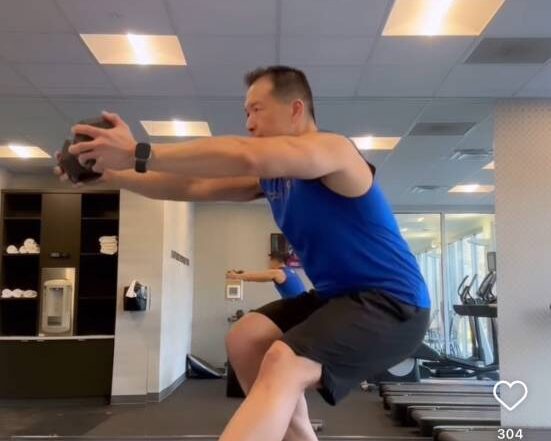For the first time, I dialed 119 and in my broken Japanese, I tried to explain to the operator why I needed an ambulance at the ungodly hour of 2 a.m. on a Sunday.
An overseas Filipino worker’s life is really not a bed of roses. It may seem like it in Facebook photos and Instagram Stories, but do remember that roses have thorns. They can be pretty painful, especially when you are all on your own, in a city where you have no “in case of emergency” person nor friends (yet), where you struggle with the language and where the health-care system is somewhat different from the one you have back home.
I was in Osaka for weeklong training for my new company. It could have been the sudden weather change. It could have been something I ate. I wasn’t sure what it was, but I was cursing myself for forgetting my gout meds back in my apartment in Kobe.
Around 6 p.m., the familiar tingling sensation was already there. I’m used to the mild to moderate pain, so I kept convincing myself it was going to be OK. By 9 p.m., it had worsened, and by past midnight, it felt like my left ankle was being repeatedly stabbed with a thousand knives.
Exactly as I thought, it was going to be a sleepless night. No matter how I positioned my left foot on the bed, there was no angle that didn’t make me writhe in pain.
Gout flare
How bad is a gout flare? It’s something you would not wish on your worst enemy. If someone had offered to chop off my left foot, I would have hugged that person there and then and thanked them a hundred times over.
After tossing and turning in bed for an hour or so, I got my phone, opened Google Maps and typed “clinics near me.” All results were somewhat similar: “Closed. Opens Mon. 9 a.m.” Even searching kurinikku (clinic in katakana) was fruitless. Why no clinic was open on a Sunday within this ward and neighboring wards, I had no idea.
Next thing I did was Google “hospitals Osaka English-speaking doctor 24 hours.” There was only one hospital that was open, so I called the number and explained my situation. The guy on the other line couldn’t understand my pronunciation of “tsuufuu” (“gout” in Japanese) and just repeatedly said, “Denwa de muzukashii desu” (“It’s difficult to understand on the phone”). Before I could say another word, he hung up.
What were my options? I could wait for another three hours, and take the first train back to Kobe to get my medicine. Ten minutes went by and I knew I had to scrap that idea. Waiting for clinics to open on Monday was definitely out. Going to a pharmacy was also useless because even if I knew what medicines to get, they’ll most probably ask for a doctor’s prescription. Should I email my new company? No one would reply at that hour and it wouldn’t really make a good first impression, I thought.
Dial 119
Running out of options and the pain intensifying led me to dial 119, the emergency number for fire or emergency medical services. The operator was patient enough to listen to my situation and, more importantly, he understood my pronunciation of tsuufuu. After confirming my location, we hung up, I managed to put on my clothes, and somehow was able to make it to the lobby to wait for the arrival of the ambulance.
With my limited Japanese, the emergency response officers were able to understand my situation.
Here was another concern: In another scenario, I wouldn’t worry about the cost because the amazing Japanese national health insurance card covers 70 percent of the medical costs. However, I had yet to receive my new health insurance card from my new company and my previous health insurance card had already expired after leaving Tokyo for Kobe.
The emergency response officer coordinated with the hospital about my query regarding costs. Ambulance service in Japan is free, thankfully. After confirming everything, we headed to the nearest hospital.
At the hospital, the EMS officers explained the situation to the nurse on duty and left. I thought it was already going to be OK—until a doctor in a blue scrub suit arrived at the treatment area, looking irritated, maybe because it was 2:30 a.m. and there was this foreigner causing an inconvenience.
Without even bothering to examine the affected areas at all, the doctor said he was going to give me something. Why he didn’t ask to see my swollen knee and left ankle, I have no idea. Why he didn’t immediately administer any painkillers, I have no idea.
Lessons
What really annoyed me was when he asked how I was going to get home. “Arukimasuka?” (“Are you going to walk?”) In my head I had a different reply, but I just calmly said I couldn’t walk properly and I would take a taxi.
He then left the room. I wished I took down his name.
A pharmacist came and gave me some medicines. She was polite enough to explain the dosage. The nurse on duty, on the other hand, was just like the doctor. She didn’t offer to give me a glass of water so I could immediately take my medicine. I had to ask for a glass of water and explain that I wanted to take the medicine. Just because I wasn’t howling in pain didn’t mean I was OK.
Whatever happened to the concept of patient care in that particular hospital? Quite different from the treatment I had received at other clinics.
The gout situation had slightly improved the following day. I knew I should have stayed in bed all day, but I still decided to go back to Kobe to get my medicine. Thank goodness for Japan’s special rapid trains; traveling between prefectures can be super fast.
God/the kami (Shinto deities) were also kind, because the ordeal happened near the end of my training. I was able to successfully complete all the necessary work for the training.
Lessons learned: Keep your gout medicines with you at all times. Learn and memorize the local words for health condition-related matters. Increase Japanese fluency and accuracy even more. Have photos of the local medicine in your phone. Consider looking for a gout support group.
Messages from family and friends are a source of strength. We find the good even in terrible situations. —CONTRIBUTED








































